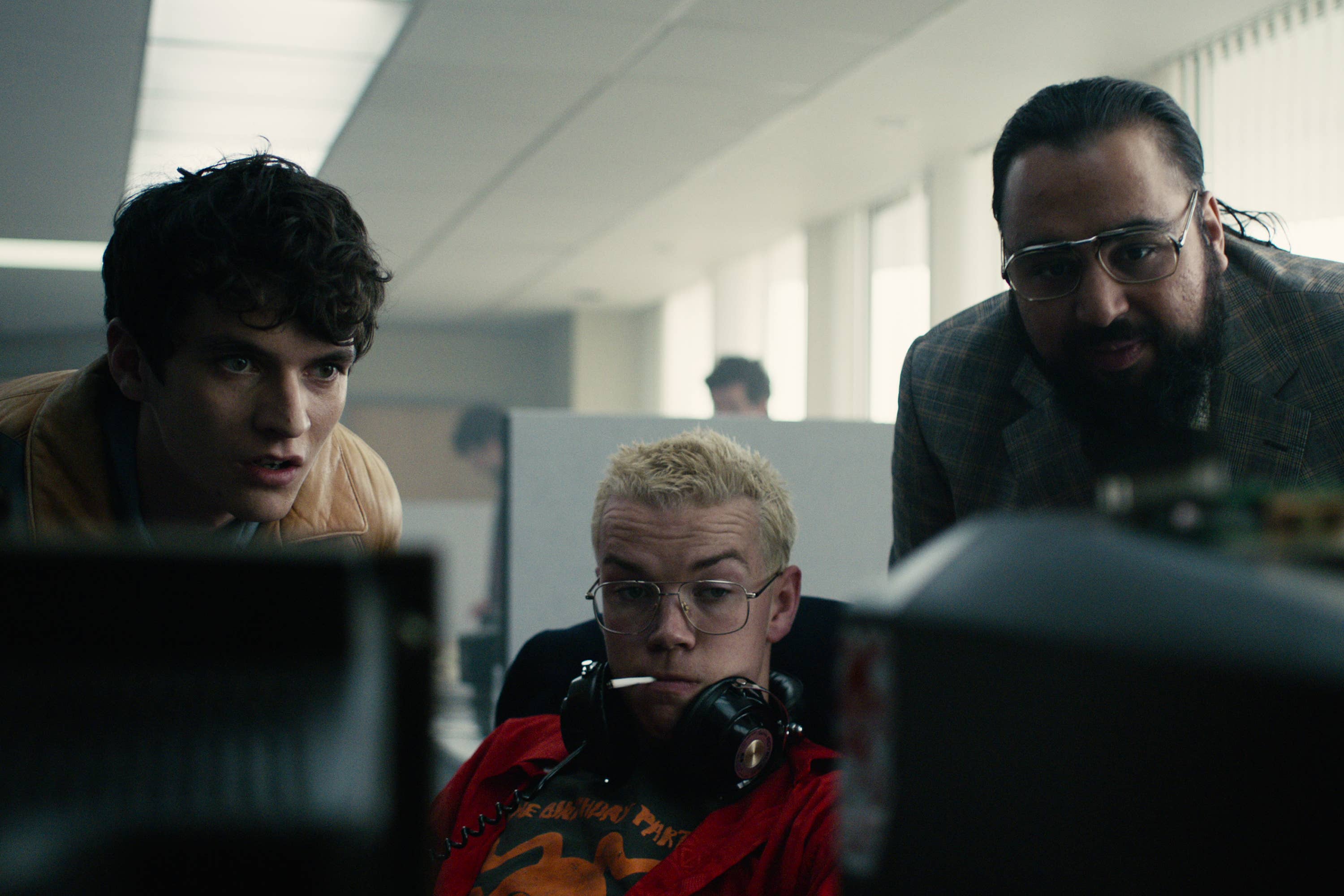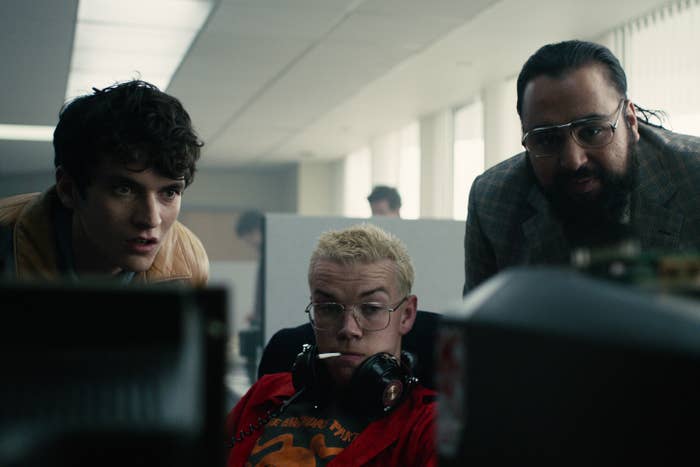
Coming off of the viral sensation that is Bird Box, I wouldn't fault you for deciding to sit out on Bandersnatch, Netflix's new Black Mirror event. This experiment, which is the first interactive project Netflix has done for adults (various children's series on Netflix, including Puss In Boots, have already produced this kind of content), has been hinted at since early October. Rumors about it's release date coming to a fever pitch before Netflix dropped the teaser yesterday, which was got the meme treatment before the episode even hit Netflix.
For those who haven't taken the plunge yet, here's a brief idea of what Bandersnatch entails. If you've read a "choose-your-own-adventure" book, you know exactly how this kind of interactivity works: at certain parts of the story, you're given a choice. It could be which cereal the protagonist, Stefan, eats (which has the internet going nuts), if he drops a hit of acid, or if he should destroy his computer. The choices have varying degrees of impact on the story, and can ultimately alter which of the reported five endings you'll receive, but no matter where Stefan ends up in your viewing, you'll no doubt feel like a whole god.
[Ed. Note: Spoilers for Black Mirror: Bandersnatch abound. Continue at your own risk.]
The story takes place in 1984 and finds us following Stefan, a programmer who lives with his father and is set to pitch a video game, Bandersnatch, to a video game company (savvy Black Mirror fans will remember this game being referenced in a previous episode, "Playtest"). The meeting goes better than Stefan seems to have expected, and at one moment, Stefan is offered the opportunity to create the game in-house, with a team, so that it could be completed in time for the holiday season. You're then given a choice:
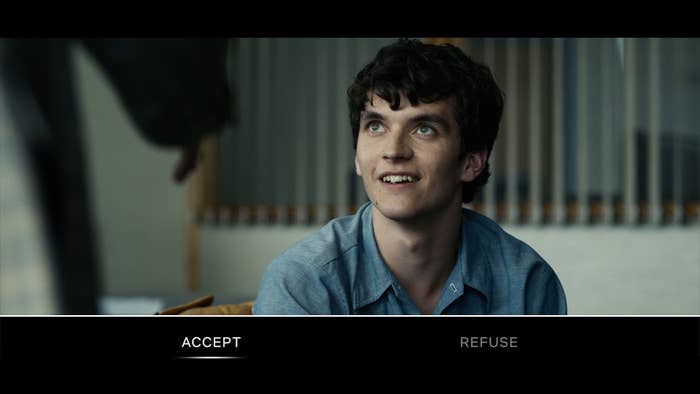
During my first viewing, I tried to be nice. This kid Stefan seemed like he had been going through some shit, and I wondered what'd happen if he got some good luck early on. I accepted the company's offer, and was immediately hit with Collin (played by Will Poulter) telling me I took the wrong path. Bandersnatch ended up being a dud, which Stefan learned while sitting on the couch with his pop, watching a video game review show. Bandersnatch then promptly gave me the option to course-correct this outcome. It breezed through my first choices, made some intriguing quips about going through these conversations again (nice touch, btw), then allowed me to refuse the offer, although it still meant that Stefan would have to have the game in by the same date for the holidays, just without a squad helping him.
There are similar moments like this, where you're given the illusion of decision that ultimately leads you down a path that forces the other choice on you. For example: one path has Stefan joining Collin in his home and being offered a hit of acid. If you accept it, you go on a wild trip; if you reject it, you still end up going on a wild trip anyways. This isn't something that totally cripples the story, but it can be disappointing if you were set on truly being able to control Stefan's life through this maze of a tale.
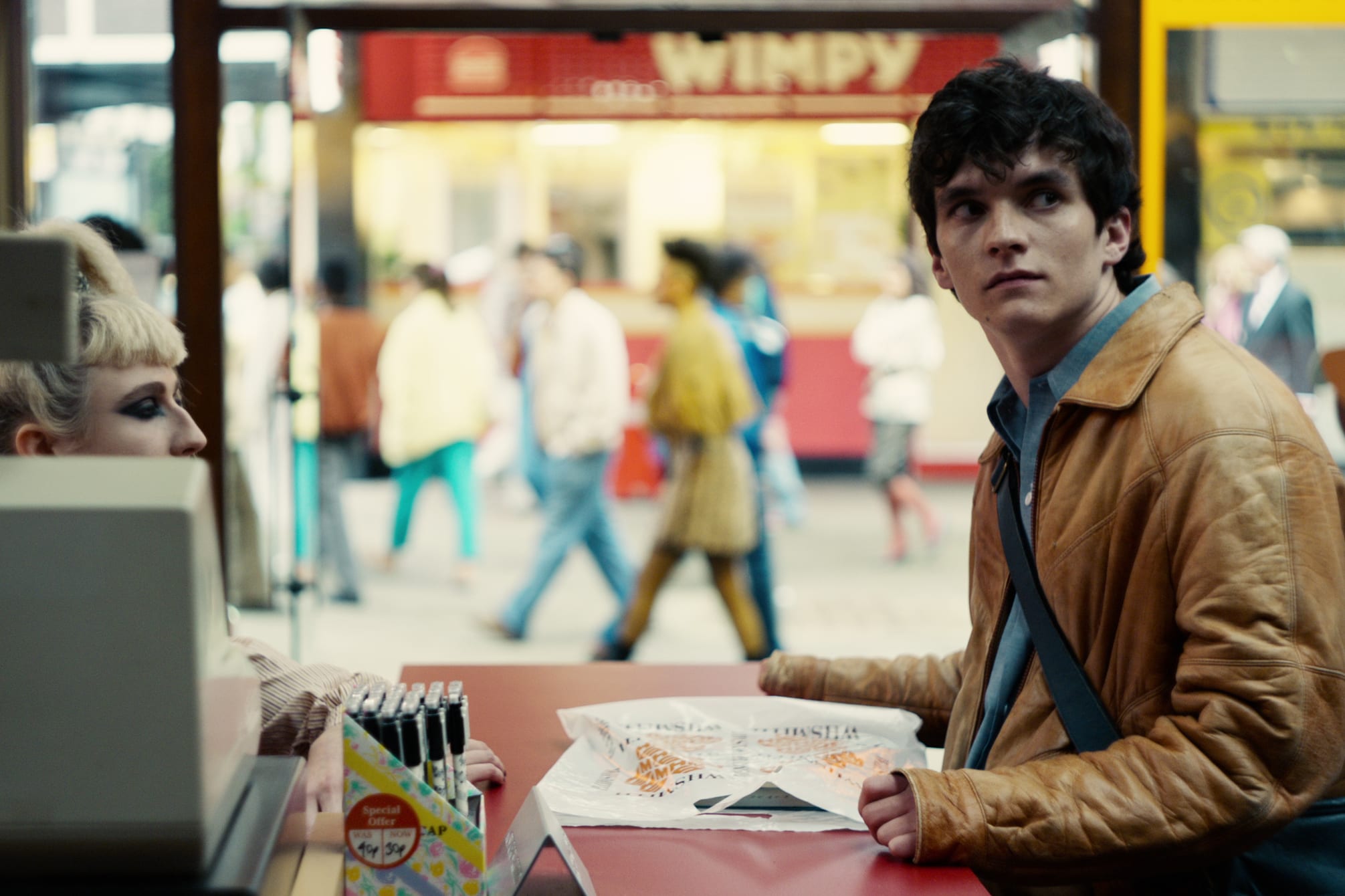
The medium is something that Brooker and company actually weren't interested in when Netflix first brought the idea to them. It wasn't until they ruminated on the story, of a guy who develops a choose-your-own-adventure video game that ends up living through a nightmarish scenario where his life becomes an adventure where he has no choice in the matter. It's a pure Black Mirror idea, especially considering that dude's occupation is that of a person who creates worlds that players can control. It allows for some of the more meta moments in the piece, including when you're given the choice to explain to Stefan that he's being controlled by someone watching Netflix in the 21st century.
I’m crying LMAO #Bandersnatch pic.twitter.com/TkNTkbZU76
With a rumored five+ hours of content being crafted for Bandersnatch, you really have to be a skilled God to catch most of it. The shortest view clocks in at roughly 40 minutes, while some have said they've seen over two hours of Bandersnatch. I was somewhere in the two-hour range, but most of that seemed to be encompassed of hitting an ending, then being given the option to double back on an important decision that took me down a different path. I feel like I've the "main" ending (primarily because credits just started rolling), but saw Stefan do everything from discover that he was part of some massive "study" since he was a child to being given the option to fight his psychiatrist.
This is spoiler-y, but I figured it was an example of fourth wall-breaking brilliance: after my decision found Stefan throwing coffee into his psychiatrist's face, she squared up and was ready to battle. I chose to have Stefan jump out of the window (as I decided early on to not have Stefan act out aggressively if I felt it was unnecessary) instead of going into combat. Someone then yells cut, and we soon realize that we're on a soundstage, with Stefan's father as the director; Stefan is told that him jumping out of the window isn't in "the script." It's like Brooker and the folks behind this episode got as meta as they could when thinking about the different paths and scenarios Stefan could go down; that's great, but could also be Bandersnatch's detriment.
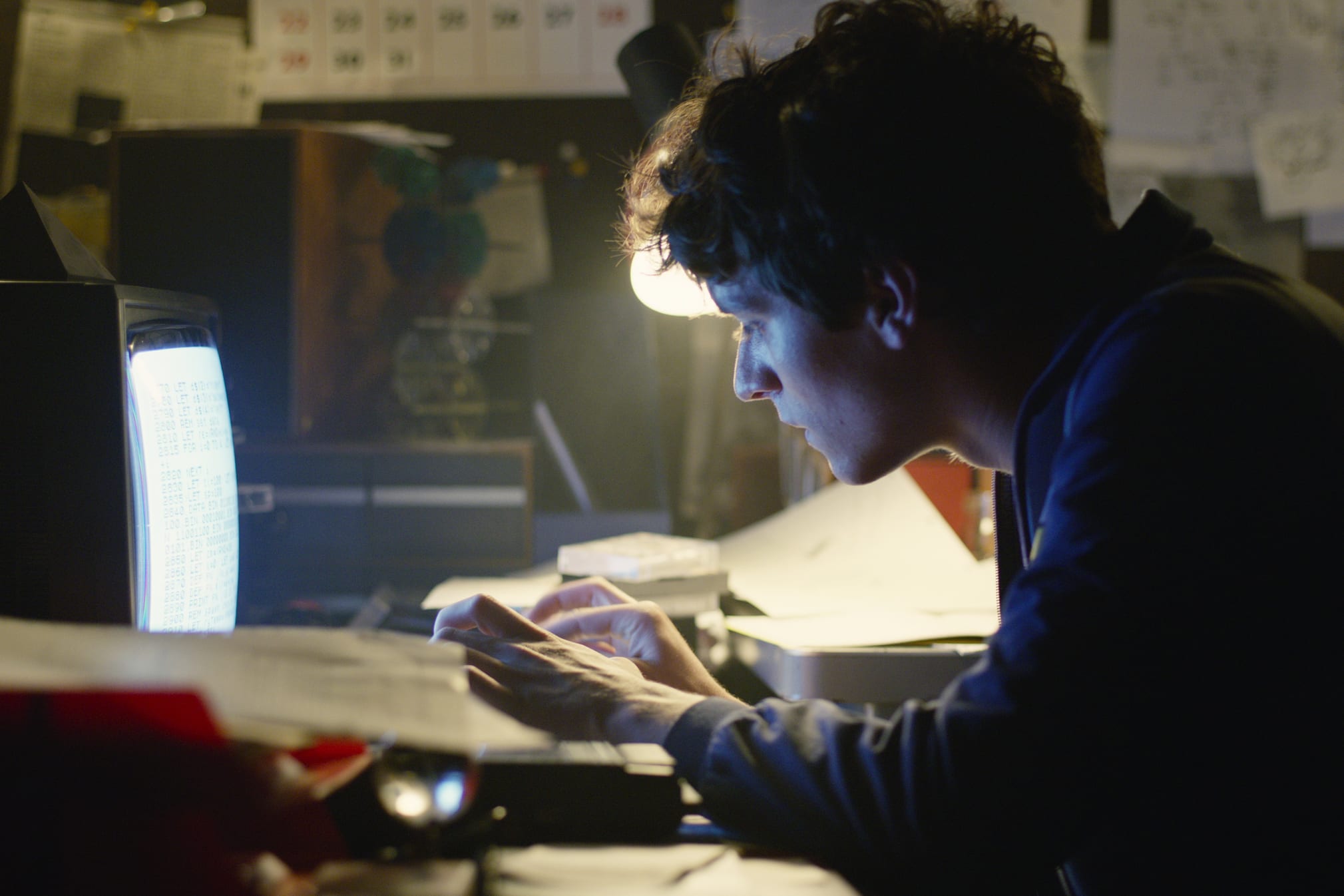
One of the more intriguing aspects is the idea that, with no path or concrete ending, Bandersnatch can feel more cyclical than complete. Depending on how you partake of the story, this could hurt the overall story or enforce what it was trying to get across. Collin rants about time being a construct, and how forces can control what you're doing right now in this particular time. That can be seen as a way for Stefan to understand what we, the viewers, are doing to him, the subject of this event. One can also take his rant and use it to explain why the story shifts in and out of the past at will, in and out of the reality that Stefan is in, be it a dream-like state or the sound stage that his life is being acted out upon. It's intriguing, but also makes Bandersnatch feel more like an idea or an experiment as opposed to a regular piece of Black Mirror content.
Netflix shines when they push the boundaries on how we consume content. Their algorithms can determine how you spend your Friday night on the couch, and their advancements in the medium of visual entertainment are bucking the age-old trends of release dates and awards szn qualifications. Their first "choose-your-own-adventure" project for adults is perfect for Black Mirror, as the series is rooted in technology that can change our lives (for good, but mostly ill). What we shouldn't be doing is sacrificing content in the name of new tech. Bandersnatch allows the viewer gets to "play God," with much praise being given to how fluid the decision making process throughout each viewing is handled, but ultimately it's just an illusion of control that can effect how engrossed you are within the story.
That said, there's intriguing replay value in something like Bandersnatch, especially for completists like myself. Bandersnatch, at best, should be seen as a massive playtest for what could be the future of how we consume television and film. You also have to wonder what Netflix is doing with all of the data it's surely pulling from all of this decision-making. Play at your own risk.

